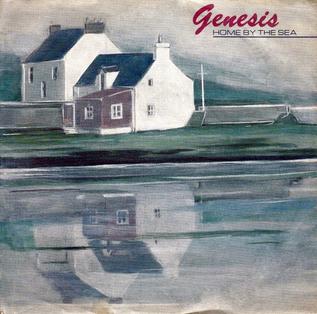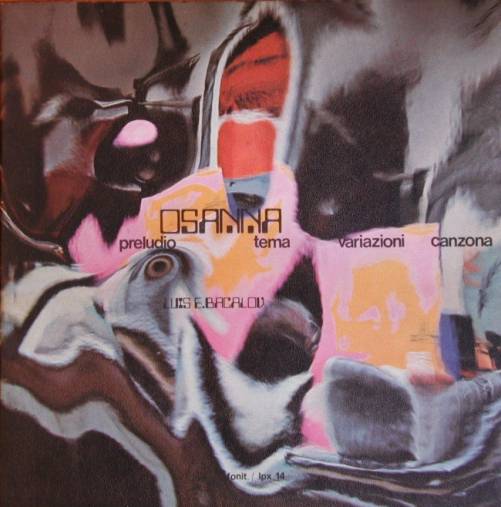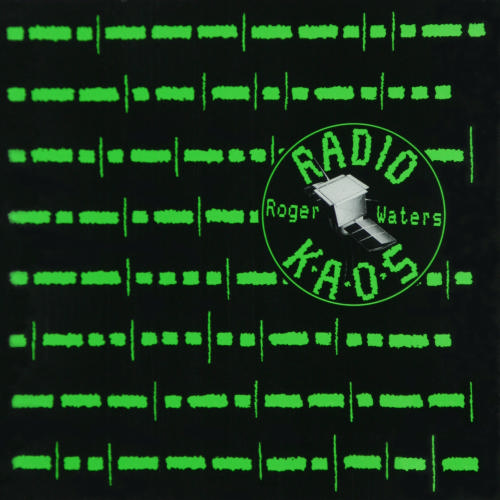I can't say I'm fond of "Genesis" album, but I must admit that some of the songs it features are excellent. This is the case with the mini-suite "Home by The Sea / Second Home by The Sea", a ghost story the band wrote down and performed winding between scary sounds and funny twists. For sure, the main melody is great and the long instrumental passages are worth a listening also by the Gabriel era fans.
"Home by The Sea" was released as a single in October 1983, while
an edited version of "Second Home by The Sea" was included
in the "Congo" Enhanced CD, released in September 1997.
The '80s plastic effects are employed with the best taste and the drum machine is never too invasive, so that Tony Banks' keyboards swirl on the foreground perfectly supported by the bass guitar. Eleven minutes of well mixed pop and prog, on the edge between old Genesis and new sounds that each time fascinates me and carries me away in a weird and inconsequent world. Just like a good Genesis song should always do.




